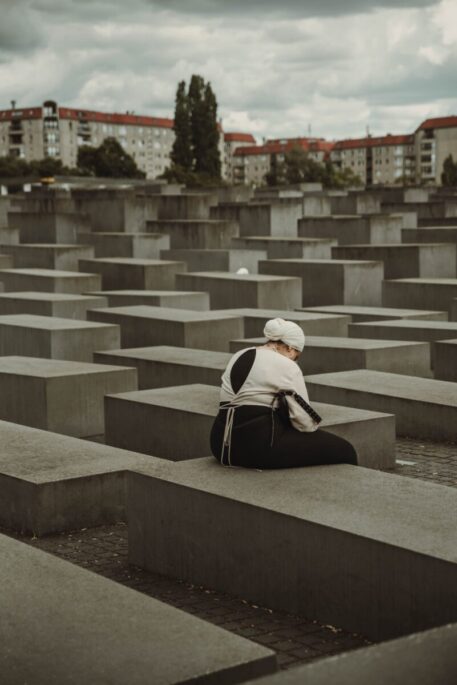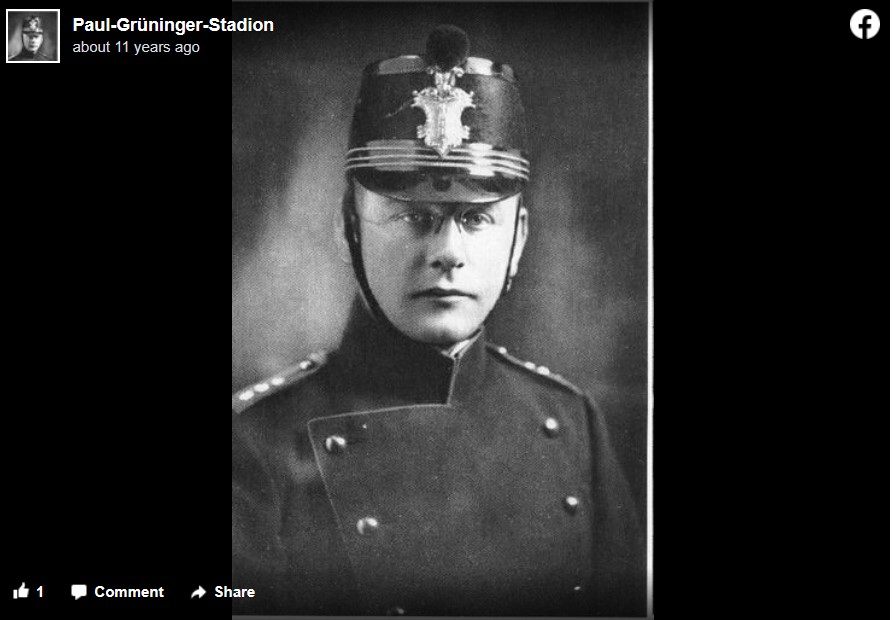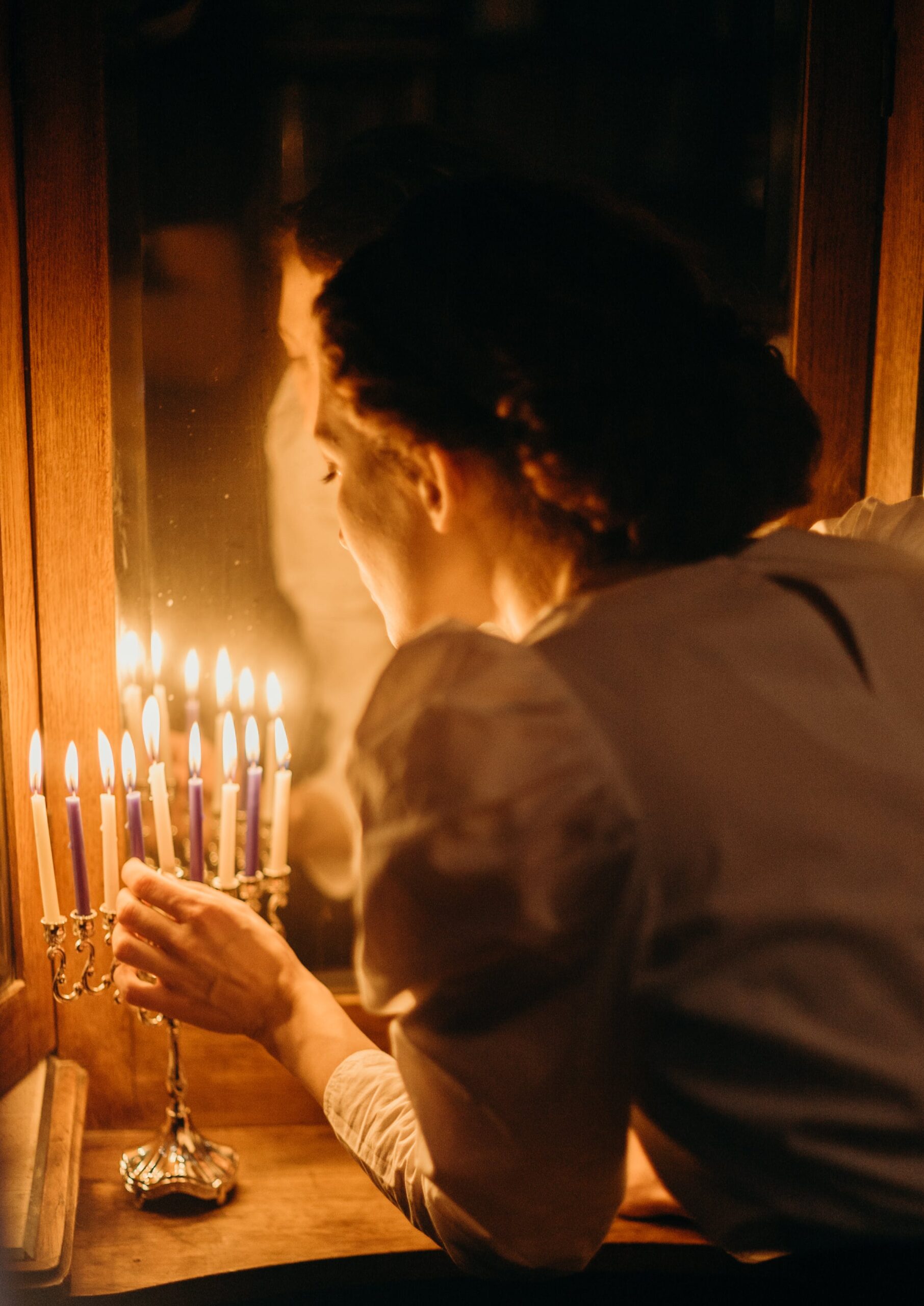The history of the Jews in Germany spans 17 centuries – a history in which there are many glorious and many tragic pages.
The first written evidence of the life of Jews in Central Europe is considered to be the decree of the Roman emperor Constantine the Great, issued in 321. The decree was a response to a request from the city council of Cologne, which was then the capital of the imperial province of German Inferior and was called Colonia Claudia Ara Agrippinensum.
Cologne residents complained to the emperor that the city council did not have the funds to repair the bridge and asked for the highest permission for a certain Jew – Isaac – to become a member of the council, who promised to find funds for this. Constantine agreed, emphasizing in the decree that this right extended to all the cities of the empire.
Of course, Jews lived in Central and Northern Europe even before this decree. They moved here from the southern part of the continent, from Italy, Gaul, Greece, and, of course, from Palestine. As merchants and artisans, Jews did a lot for the development of cities. They were specially invited – as, for example, the bishop of the city of Speyer did in 1084. He gave the Jews land in the suburbs and gave them certain privileges. Later, these privileges were confirmed by the German emperor Henry IV – and, moreover, not only for Speyer.
Jewish communities existed at that time mainly in the Rhine valley: in Cologne, Worms, Speyer, Mainz, Trier, but also in other German cities, where they were, as a rule, under the patronage of church authorities. Germany, which the Jews called Ashkenaz, was then much more liberal towards them than either France or Spain. It is no coincidence that the dialect of the German language – Yiddish – became the language of Jews throughout Central and Eastern Europe, and European Jews are still called Ashkenazis to this day.
Everything changed in the 11th and 12th centuries. A wave of pogroms swept across Europe. Jews were accused of committing ritual murders, of poisoning wells and springs. They wanted to force the Jews to be baptized, but the vast majority preferred death to renunciation of their faith. Crusaders on their way to Jerusalem, which they wanted to liberate from “infidel” Ismailis, killed “infidel” Jews in Germany’. In Worms, at the beginning of the 11th century, almost the entire Jewish community was destroyed. In Mainz, the Jews fiercely resisted the crusaders, but they had no chance against the numerous and more skilled knights in military affairs. Everyone was killed – more than a thousand people.
In 1235, the Jews of the German city of Fulda were accused of committing a ritual murder. Emperor Frederick II turned to counselors from all over Western Europe, and they confirmed that the Jewish religion categorically forbids the killing of a person and even the use of animal blood is contrary to Jewish laws. But the emperor’s message did not help: the Jews were tortured and executed. In Munich, during a pogrom, a synagogue with worshipers was burned down.
The Jews were placed outside the law. Neither the emperors nor the church authorities were able to ensure their safety. Jews began to leave Germany. They went east, to Lithuania and Poland.
And what about Cologne – so to speak, the cradle of Jewish life in Germany? Cologne has become today a kind of center for this large-scale project. The goal of the project, as emphasized by Andre Kovacs, head of the association that organizes the events of the project, is “to make visible, visual life of Jews in Germany.”
Back in the 1950s, in the center of Cologne, next to the old town hall, archaeologists began excavating the area where Jews lived more than a thousand years ago. They discovered the ruins of an 11th-century synagogue and a ritual bath, a mikvah. But the city, almost completely destroyed after the war, was then hastily restored (people literally had no roof over their heads), and excavations were suspended for many years. Only in 2007, when it was decided to build a museum of Jewish life here (it will be opened presumably in 2024), archaeologists came here again.
Excavations have been and are also being carried out in many other German cities where Jews lived in the Middle Ages. So, in Augsburg, they found a lamp from the 4th-5th centuries with the image of a menorah – a menorah, one of the oldest Jewish religious symbols. And in the archives of Trier, they found a decree of the Roman emperor Valentinian I (364-375), forbidding legionnaires to spend the night in synagogues.
Of course, in the year of this peculiar anniversary, we will talk not only about the life of Jews in Germany in ancient times, Andrei Kovacs says in an interview with DW. The musician and entrepreneur was born into a family of Hungarian Jews. Representatives of the older generation of his family survived the Budapest ghetto and the Bergen-Belsen concentration camp. And it is very important for him that the project becomes an important factor in the war against anti-Semitism, which is still alive – and not only in Germany.
The history of the Jews in Germany knows many glorious and many tragic pages. This is where the “haskala” was born – Jewish Enlightenment, here were the origins of the Zionist movement, which eventually led to the creation of the State of Israel. But in Germany there was also the Holocaust, the mass extermination of Jews during the Nazi dictatorship… In recent decades, Jewish life here has revived again thanks to the influx of Jewish immigrants from the former Soviet Union – the so-called “contingent refugees”. Their integration is not always easy, however, the Jewish communities in the country are growing, new synagogues are opening. And it really is worth celebrating.
source: newsru.co.il
Source: https://ieshua.org/evrei-v-germanii-1700-let-vmeste.htm







